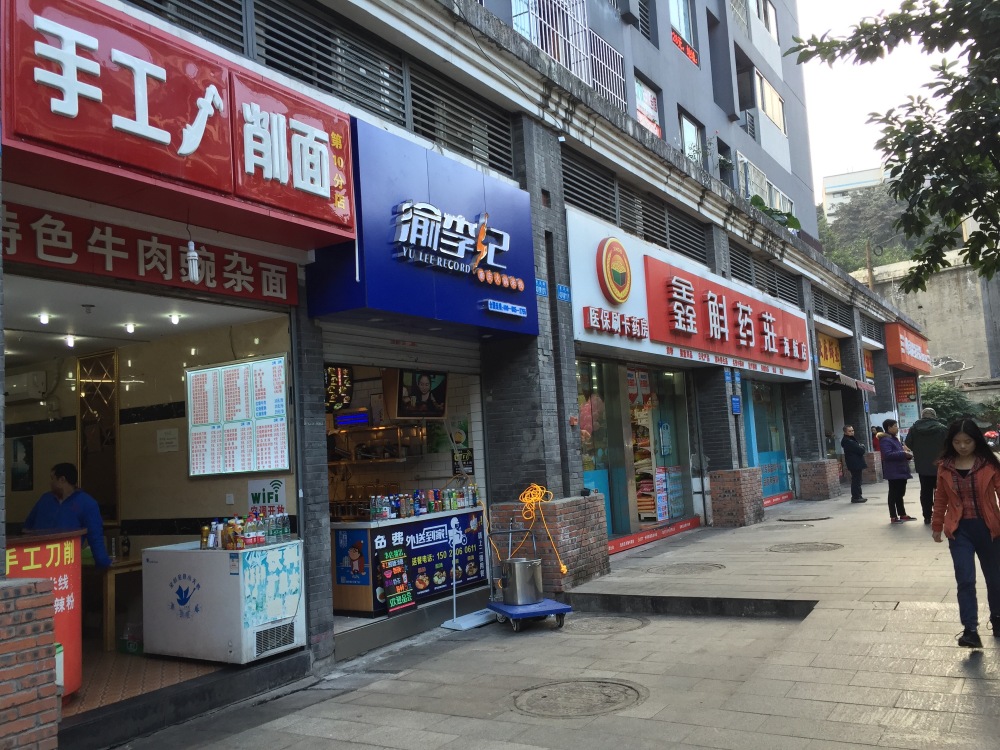In recent conversations with friends and family in America, I noticed a pattern. Many have made comments like, “I’m so jealous, your life there sounds so awesome and way cooler/better/easier than what I’m doing!” I realized that while my blog has hopefully been interesting and fun to read, it hasn’t given the full picture.
On blogs–as with all social media–we tend to put our highlights, our best moments, our greatest accomplishments. So in an effort to keep others posted on my life abroad, I have admittedly mainly shared my favorite trips, happy experiences, and moments of cultural appreciation.




